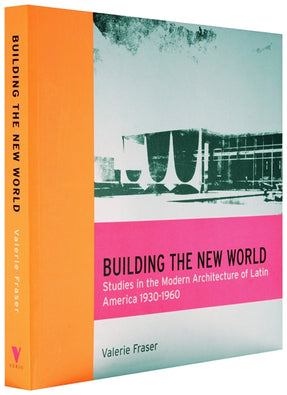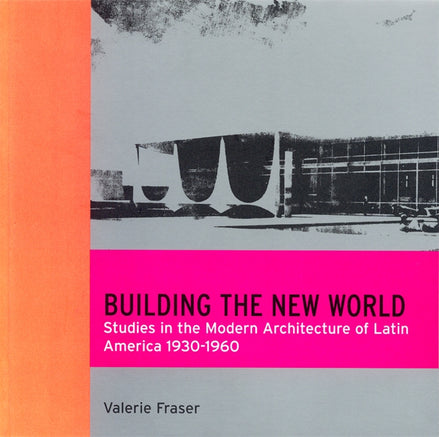
Building the New World:Studies in the Modern Architecture of Latin America 1930-1960
-
Sale price £28.99
Add to cart
The progressive architecture of Brasilia, Caracas, Mexico City and Rio de Janeiro
The period between 1930 and 1960 in particular saw a dramatic upsurge in Latin American modern architecture as the various governments strove to make public their modernising intentions. After 1960, however, the year in which Brasilia was inaugurated, economic growth in the region slowed and the modernist project faltered. The English-speaking world, which had previously admired Latin American buildings, began to write them out of the history of twentieth-century architecture. Building the New World attempts to redress the balance. It surveys the most important examples of state-funded modernism in Latin America during a period of almost unimaginable optimism, when politicians and architects such as Pani, Costa, Reidy and Niemeyer sought ways, literally, to build their societies out of underdevelopment.
